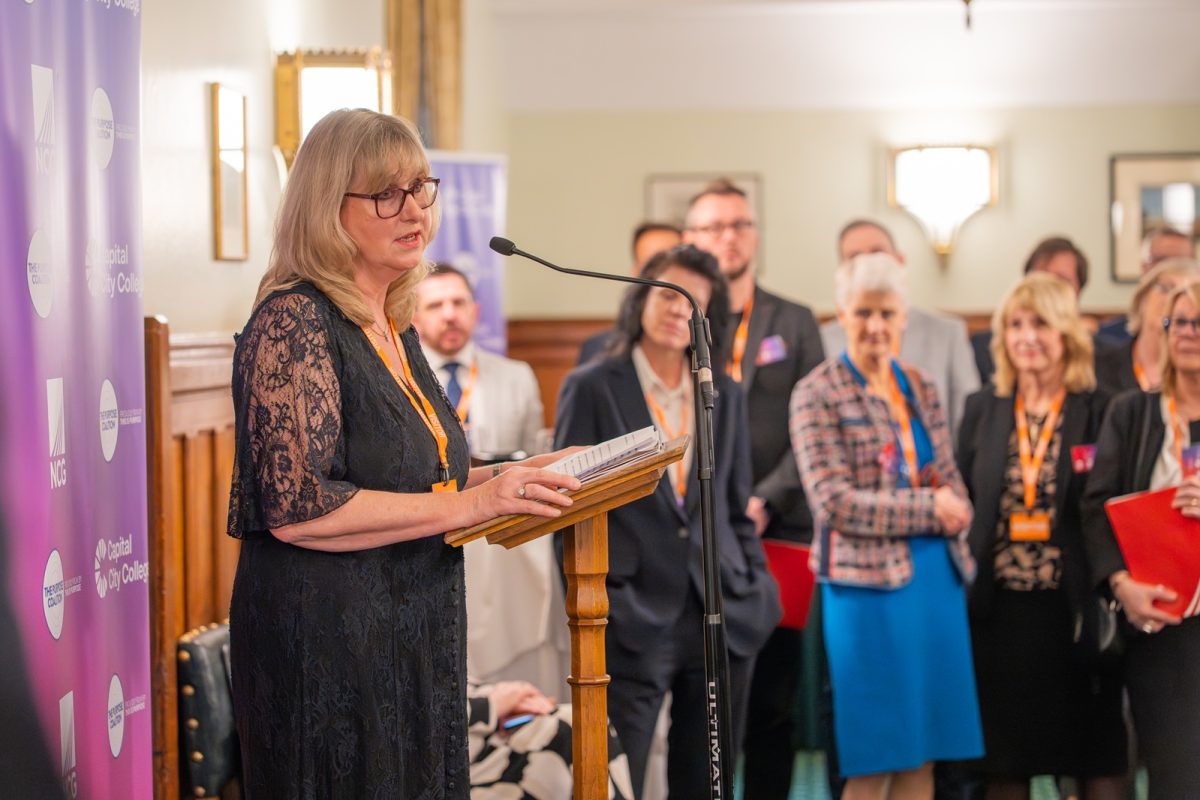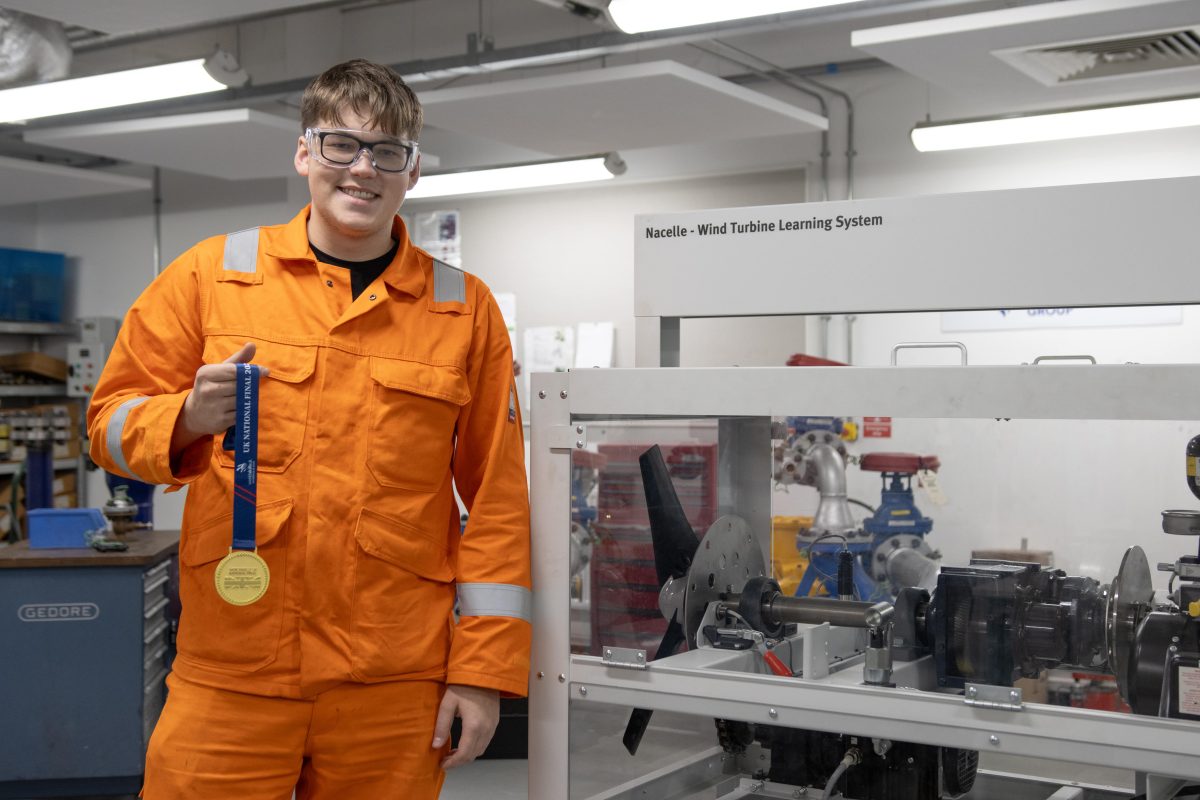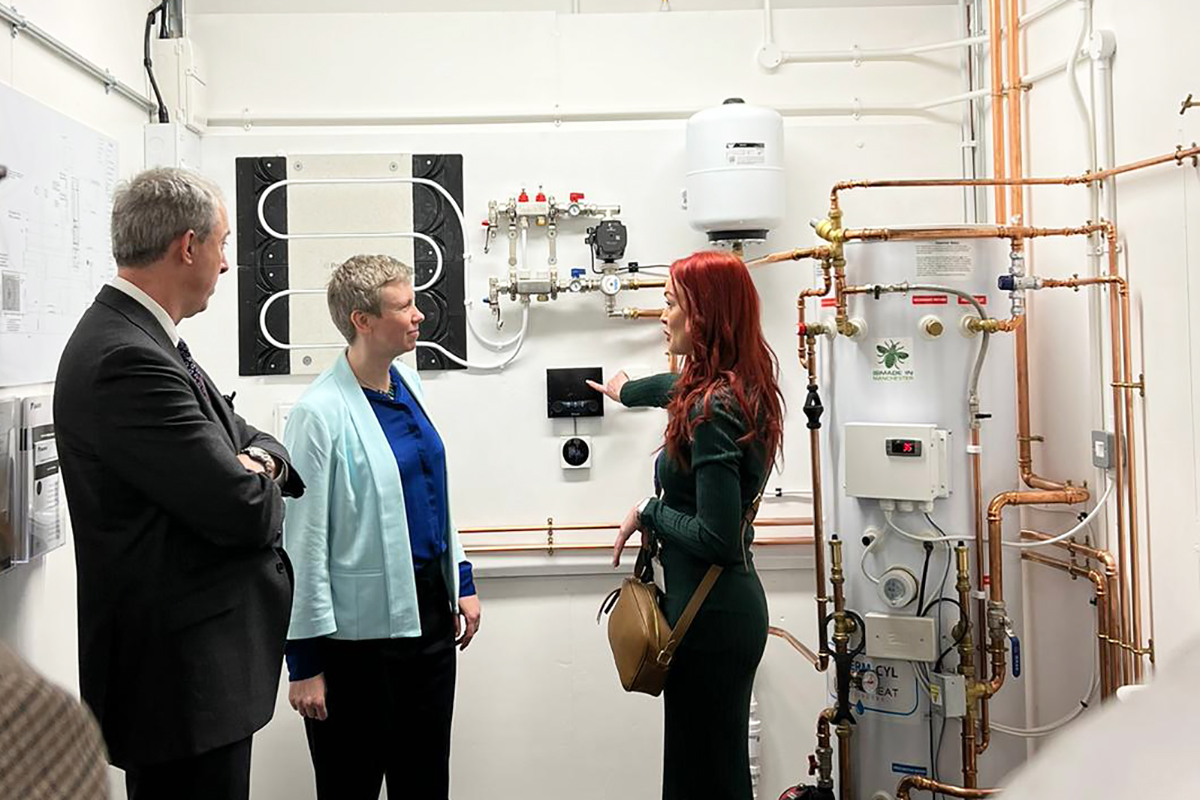£4.3 million for research to help shape the future of work and skills

The Nuffield Foundation (@NuffieldFound) has awarded £4.3 million for two ambitious research programmes to improve working life for people in light of huge technological changes and the aftermath of the COVID-19 pandemic.
The impact of artificial intelligence and automation technologies on work and society is one of the major strategic challenges of the coming decades and has been accelerated through the pandemic. But much is still unknown about the nature of this impact – how work will change, the inequalities that might arise, and what skills people will need for work and well-being in the future.
The two research programmes, funded from the Foundation’s Strategic Fund, will address these questions, looking ahead to the 2030s.
Together, they will provide evidence-led recommendations for how to meet future demand for essential employment skills and promote the health and well-being of people at work.
The Future of Work and Well-being: The Pissarides Review – £1.8 million
The Institute for the Future of Work (IFOW) will examine the impacts of technological disruption on people and communities across the country. Grounded in Principal Investigator Sir Christopher Pissarides’ Nobel Prize winning research on market frictions, the project will pilot a new, cross-disciplinary approach to evaluating disruption and reducing inequalities through better work.
The team will produce the first national Disruption Index to map and track technological disruption across the UK, as well as surveying firms to explore the motives for, barriers to, and effects of, introducing automation technologies. The project also includes a deep dive into work challenges and opportunities in eight locations in England, Wales and Scotland.
Throughout the three-year project, in collaboration with Imperial College and Warwick Business School, the IFOW will work with policy makers, employers and other stakeholders to identify ways to build a future of better work for the UK, with a focus on building capabilities, strengthening resilience and reducing inequalities.
Tim Gardam, Chief Executive of the Nuffield Foundation, said:
“We established the Nuffield Foundation’s Strategic Fund to encourage ambitious, multi-disciplinary projects that would re-frame the social policy agenda in the coming decades, with a focus on increasing well-being and opportunity for the most disadvantaged.
“These two research programmes, with their complementary approaches to the pressing questions about the future of work and skills, have the ability to do that. Technological advances are potentially hugely beneficial for people and society, but only if we identify ways to ensure such benefits are equitably distributed and to mitigate negative consequences.”
Anna Thomas, Director of the Institute for the Future of Work, said:
“COVID-19 has hit communities across the UK at a time when technological transformation was already rapidly accelerating at a rate we haven’t seen since the industrial revolution. This transformation has the potential to impact large swathes of workers across a range of sectors, causing large-scale disruption throughout the economy.
“Our research will shine a light on how this transformation has and will impact different communities and groups of workers from different backgrounds. The Pissarides Review will be focused on building a strong evidence base and creating a roadmap for the UK to promote worker-focused, human-centred automation.”
The new Nuffield Foundation grants complement an earlier £1.8 million award from its Strategic Fund, for the Economy 2030 Inquiry, a collaboration between the Resolution Foundation and the Centre for Economic Performance at the LSE. The Economy 2030 Inquiry will address how the UK’s economic strategy should be rebuilt in response to five seismic economic shifts – the COVID aftermath, Brexit, the net zero transition, an older population and rapid technological change.
The skills imperative 2035: Essential skills for tomorrow’s workforce – £2.5 million
The National Foundation for Education Research (NFER) is leading a strategic research partnership that will identify the essential employment skills people will need for work by 2035. These essential skills are likely to become increasingly important for jobs across the economy and include creativity, critical thinking, teamwork, problem solving and resilience.
The multi-disciplinary team will investigate how these skills can be developed through the education system and other mechanisms. It will also establish which groups of people are most at risk of not acquiring the necessary skills and therefore being excluded from the labour market.
Throughout the five-year programme, the NFER and its co-investigators will work with employers, policy makers, and education leaders to provide practical insights and evidence that will inform longer-term planning for how to meet future demand for essential employment skills.
The project is led by Jude Hillary, Director of Quantitative Research at NFER, in collaboration with the University of Sheffield, the Institute for Employment Research at Warwick University, Cambridge Econometrics, Kantar Public, the Learning and Work Institute and the University of Roehampton.
Jude Hillary, Principal Investigator and Director of Quantitative Research at NFER, said:
“The UK cannot afford the widespread social and economic consequences of stumbling into the next 10 to 15 years without supporting the existing workforce and young people in education to develop essential employment skills.
“Instead we need a long-term strategic plan to support the development of these skills through the education system and other mechanisms to ensure people can work and flourish in their jobs, helping to secure a prosperous future for our economy and society.
“We are thrilled to be working with the Nuffield Foundation and eminent colleagues on this vital research project.”











Responses